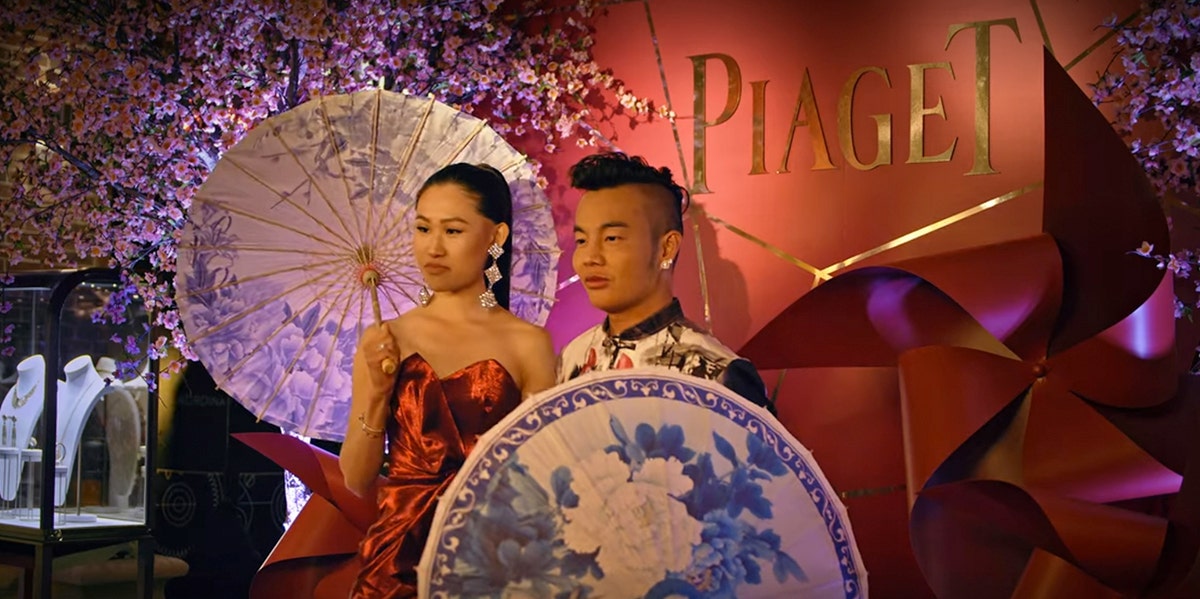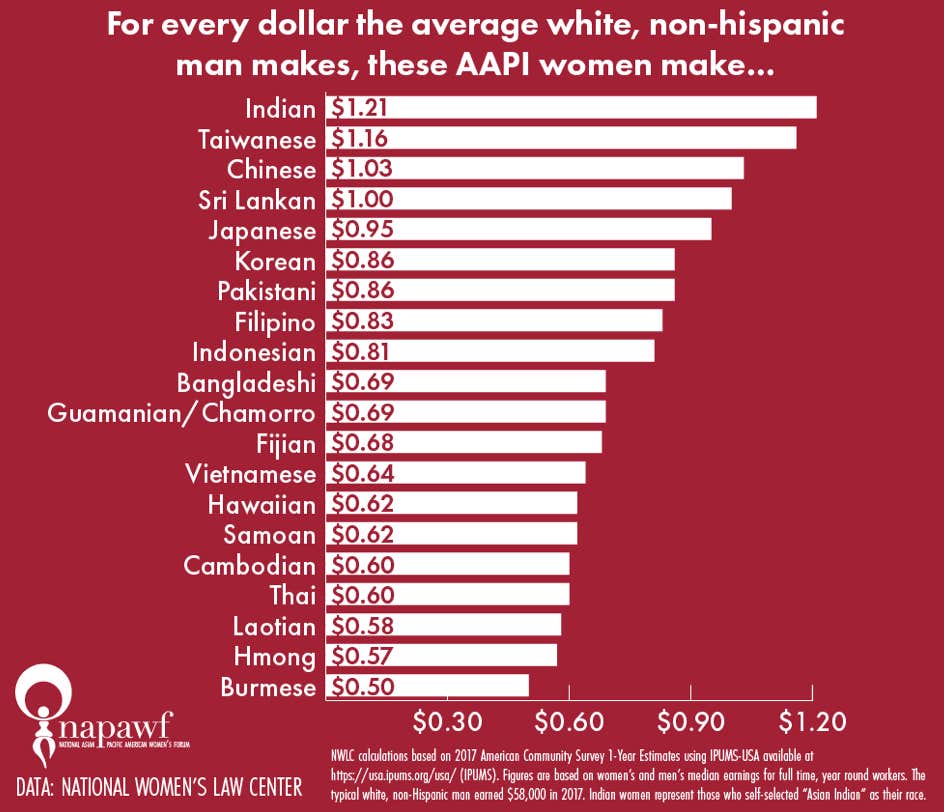'Bling Empire' On Netflix Is Nowhere Near Reality For Asian-Americans In America
While 'Bling Empire' might be a show about rich Asians, the reality in NYC remains very dark.
 Netflix
Netflix In the fight for representation in Hollywood, Bling Empire is one of Netflix's new reality TV shows with an all Asian-American cast.
It follows the lives of uber-rich Asian-Americans living in LA and is full of toxic relationships, drama, friendship and fun: everything a reality TV show should have.
The show is full of adventures at rooftop parties, private beaches, private photoshoots and mansions. It's entertaining to say the least.
However, this show highlights the lives of a small niche of AAPI's (Asian-American and Pacfic Islanders) that are able to afford a lavish lifestyle. Many of the cast members are children of inheritances and fortunes.
One of the cast members admitted to paying about $19,000 per month for rent and spending over $1,000 for each pair of shoes (!!!)
Another cast member, Jamie Xie, daughter of tech billionaire Ken Xie, says in the first episode “My horses fly Emirates,” and continues by saying “We were so close to buying a barn. But I didn’t buy it, and Eve Jobs ended up buying it.”
In the same episode, Christine Chiu, the wife of a Song Dynasty heir, starts drama by showing up to fellow castmate Anna Shay's lavish house party intentionally wearing the same Louis Vuitton pink sapphire and diamond necklace Anna owns.
In another episode, Anna Shay flies to Paris just for lunch and has a whole jewelry store shut down for her just so she can shop for jewelry.
By showcasing the lives of rich and successful AAPI's on television, Bling Empire actually perpetuates the "model minority" myth, which says that Asian-Americans are universally successful while downplaying the role of racism in other racial groups (especially Black Americans).
Historically, the model minority myth has been used to uplift Asian-Americans and perpetuate the idea that you can “pull yourself up by the bootstraps”. This meant that people of color who were not successful were blamed for their own failures.
But the reality is the Asian-American community has some of the highest poverty rates in New York City. In 2012, an alarming 28% of the AAPI community lived in poverty.
While recent years have shown a decline in AAPI poverty, there is still a citywide average of 19.9%. There is also a large gap between the poverty rate of Asian-Americans who are not citizens (30.5 percent) and those who are citizens (19.5 percent).
Furthermore, when you breakdown AAPI ethnicities while taking into account gender, AAPI women make some of the lowest wages in NYC.

The only remotely relatable character on Bling Empire is Kevin, who openly shares his journey as an adopted child of white, middle-class parents and begins his quest to find his birth parents.
I, myself, am a second-generation Filipinx immigrant who grewn up in one of the poorest places in NYC so obviously Bling Empire is not a show that reflects my experience. My mother was a single, hard working nurse (a profession many Filipinos go into) who came to the U.S. in search of more opportunities.
Growing up, there were times where we had no heat or hot water. And a lot of times, as a young person, I had to be the translator for my mother. This is not uncommon for children of AAPI immigrants to experience.
There are no shows like this that capture the immigrant experience, the problem of poverty and navigating AAPI racial identities all at once.
So far, the only show that portrays a more realistic adaption of the AAPI experience is Fresh Off the Boat, which is a show produced by Eddie Huang about a Taiwanese-American family moving from Chinatown in DC to a white, middle class neighborhood in Orlando, Florida.
Fresh Off the Boat excellently highlights the immigrant and AAPI experience with humor and comedy. While it still does not portray the reality of poor AAPI's, especially in NYC, it still remains the perfect representation for the AAPI identity struggle.
Today, there's an uptick of racism towards the Asian-American population due to COVID-19, exacerbated by the Trump Administration. From calling the virus the ‘Chinese virus’ or the ‘Kung flu’, AAPI’s are reporting experiencing discrimination.
Furthermore, Filipinos make up 4% of nurses in the US, but 31.5% of nurse deaths from COVID-19. Will there be any TV shows capturing the AAPI struggle in the current climate? One can only hope a more realistic reality TV show will emerge that accurately presents AAPI's — because Bling Empire certainly isn't it.
Angelique Beluso is a sex educator and writer who covers feminism, pop culture and relationship topics.

